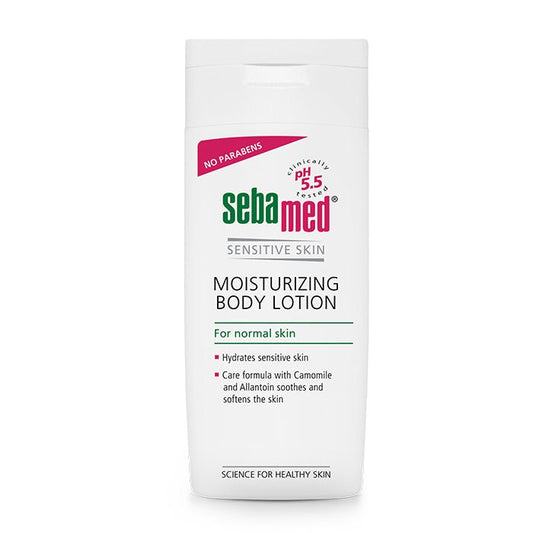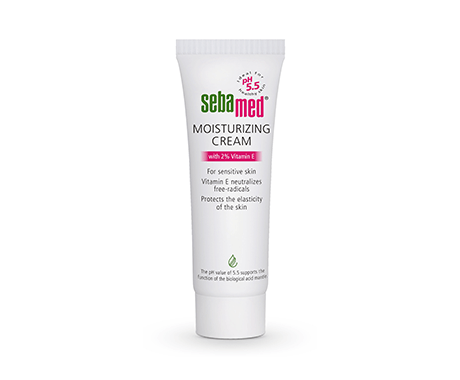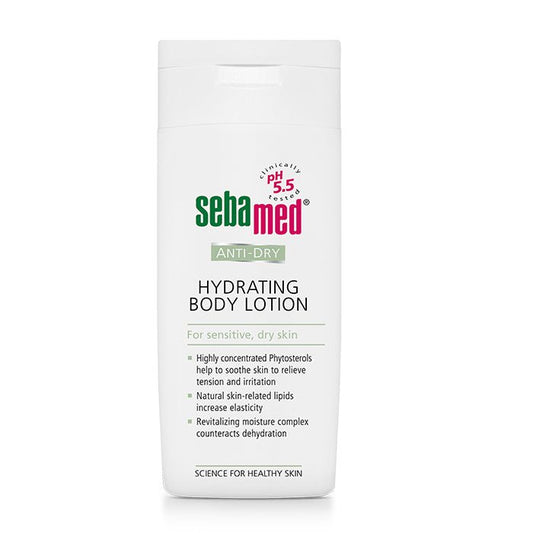What Acne Treatment Is Best For Sensitive Skin
When it comes to creating a skincare routine for acne-prone skin, getting rid of breakouts and averting further blemishes are undoubtedly the top priorities. However, things can get even more difficult if you also have sensitive skin. The skin, especially sensitive skin, can get severely irritated by substances that are too potent to combat the germs and oil deep within your pores. Therefore, even though your pimple may have gone away, you are now dealing with a completely new set of skin problems, such as peeling, flaky skin, redness, or even worsened breakouts! Finding the best Acne treatment in Karachi can unsurprisingly be difficult and complex.
Up to 50 million Americans get acne each year, according to the American Academy of Dermatology. Finding the best acne treatment for your skin remains a mystery to many, despite the fact that it is the most prevalent skin problem in the United States. Both over-the-counter (OTC) skincare items and prescription drugs, such as topical and oral formulations, are used to treat acne. We sought the advice of board-certified dermatologists to help us reduce the lengthy list of possibilities. While their initial suggestion is typically to contact a dermatologist, some moderate acne types can be managed with straightforward OTC treatments. Prescription-strength medications and a dermatologist’s guidance may be required to treat moderate to severe acne.
Causes: The pilosebaceous unit, which houses the sebaceous gland and the hair follicle, is where acne is brought on by inflammation. Sebum is an oily fluid that the sebaceous gland generates to lubricate the skin. Although the exact cause of this inflammation is still unknown, it appears that excessive sebum production plugs the sebaceous gland, which can cause inflammation and ultimately result in bacterial infection. Acne is typically brought on by blocked pores, which occur when a concoction of sebum, germs, and dead skin cells becomes lodged in a hair follicle. Each pore on the skin’s surface opens a hair follicle, which consists of an oil gland and hair. When the oil gland is functioning properly, sebum is released, moving up the hair and out of the pore. Sebum travels to the skin and performs its function of lubricating the skin there. This process can be impacted by the oil gland producing too much sebum, a buildup of dead skin cells, or a buildup of bacteria, all of which can cause clogged pores and the development of acne.
Types: The kind and severity of your acne will determine the best treatment for you. According to Julie C. Harper, MD, a board-certified dermatologist and clinical associate professor of dermatology at the University of Alabama-Birmingham, consulting a dermatologist is the best way to choose the appropriate acne treatment plan. Treatment plans differ from person to person and there are numerous different types of acne. A dermatologist at Sebamed has to determine whether of the many lesions kinds is present will extensively examine your skin:
- Whiteheads and blackheads are signs of comedonal acne, which is a mild form of non-inflammatory acne.
- Papules and pustules are part of inflammatory acne that is moderate.
- Nodules and cysts are features of severe inflammatory acne.
OTC treatments with active chemicals like salicylic acid and benzoyl peroxide or prescription-strength topical retinoids can usually clear up non-inflammatory acne. Dermatologists must write prescriptions for topical or oral medications for inflammatory acne. Seeing a dermatologist is the best approach for acne treatment for sensitive skin and avoid acne scars because while papules and pustules may go on their own with over-the-counter medications, inflammatory acne is more likely to leave scars and different people require different treatments.”
Treatment: Identifying the severity of the acne problem is the first step in treating it. The doctor’s office should handle serious cases. Most minor cases can be treated with relatively straightforward advice and over-the-counter medications. How can mild acne appear? There are only a few whiteheads, blackheads, and little pimples among the bumpiness, which is not very noticeable. Although the course of treatment is not difficult, there are no quick fixes. Before you start to feel better, it might take two to three months. You need to use the proper products that you can get at Sebamed. Here are five straightforward suggestions for acne treatment for sensitive skin:
- Just cleanse your skin twice a day at most.
- For skin, that is sensitive, use moderate cleansers.
- Keep in mind that skin irritation still occurs frequently with over-the-counter medications. Within the first two weeks of treatment, the irritation is at its severe. The discomfort and dark spots usually disappear after a few months.
- The irritation can be lessened by applying a fragrance-free moisturizer on top of the medication.
- People who have black skin zits after therapy should wear sunscreen. Sunscreen can stop your skin from getting darker.
Benzoyl peroxide and salicylic acid are not always bad. Instead, start by utilizing leave-on treatments containing one or both of these compounds two to three times a week and progressively increase that frequency as your skin becomes accustomed to them. Additionally, seek treatment with a lower dosage of these components; you do not have to start with a concentration of 10 percent benzoyl peroxide; you can start with one between 2.5 and 5.5 percent instead. You can lessen the possibility of discomfort when paired with a mild moisturizer like glycerin, hyaluronic acid, and ceramides, or anti-inflammatory components like green tea, aloe, and witch hazel. Pay attention to how you administer your treatment as well. Use a concentrated spot treatment to kill germs instead of slathering it all over your face if you only sometimes experience breakouts or you tend to have more cystic acne. You should consult a dermatologist if you cannot resolve the issue on your own. However, in the interim, here are the top five sensitive skin acne remedies that you can get at Sebamed for your acne treatment in Pakistan.
Not to overdo: According to Dr. Kaminer, you do not have to dry up your skin to make it less prone to acne. To gently open pores without drying out the skin, look for products with a little amount of salicylic acid or benzoyl peroxide. In over-the-counter products, salicylic acid percentages can range from.05 to 2%. The proportion for benzoyl peroxide ranges from 2.5 to 10%. Generally, start with the lowest dose possible and gradually increase it as your skin becomes more tolerant. Reduce the amount or concentration and give your skin time to heal if any irritation develops. To target the pimple specifically and reduce the likelihood of irritation, spot treatments made with salicylic acid and benzoyl peroxide can be helpful.
Conclusion: in short if you.
- Use a gentle, moisturizing acne cleanser at all times.
- Use only non-benzoyl peroxide cleaners. These cleansers will over dry skin and are less efficient than topical treatments containing benzoyl peroxide.






Leave a comment
Please note, comments need to be approved before they are published.